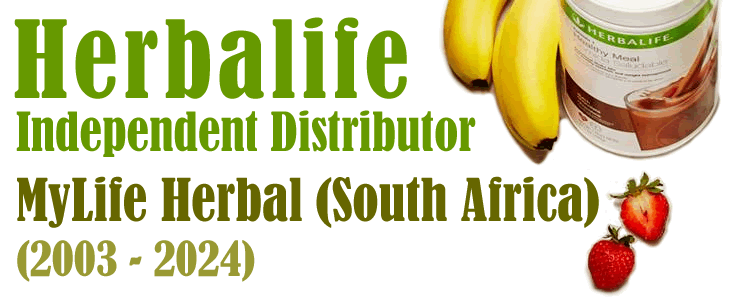Lose More Weight By Improving Your Gut Bacteria

Your body contains trillions of bacteria. The majority of these bacteria are located in your intestines. Gut bacteria play several important roles in your health, such as communicating with your immune system and producing certain vitamins.
Your gut bacteria can also affect how different foods are digested and produce chemicals that help make you feel full. As a result, they can affect your weight. This article explains how your gut bacteria affect your weight and what foods promote healthy gut bacteria growth.
They Affect How Your Food Is Digested
Since your gut bacteria line your intestines, they come into contact with the food you eat. This may affect what nutrients you absorb and how energy is stored in your body.
One study examined the gut bacteria in 77 pairs of twins, one of whom was obese and one of whom was not. The study found that those who were obese had different gut bacteria than their non-obese twins.
In particular, obesity was associated with lower gut bacteria diversity, meaning there were fewer types of bacteria in the gut.
This may be due to the effect of bacteria on the digestion of different foods. For example, humans can't digest fibre but certain gut bacteria can. By digesting fibre, these gut bacteria produce a number of chemicals that benefit gut health and possibly promote weight loss.
Lastly, your gut bacteria can influence how dietary fats are absorbed in the intestines, which may affect how fat is stored in the body.
They Produce Chemicals That Help You Feel Hungry or Full
Your body produces a number of different hormones that affect your appetite, including leptin, ghrelin and peptide YY. Some studies have shown that different bacteria in the gut can affect how much of these hormones are produced and whether you feel hungry or full.
Short-chain fatty acids are produced when certain species of gut bacteria break down fibre. One type of these is known as propionate. One study in 60 overweight adults found that taking propionate for 24 weeks significantly increased levels of hormones that signal feeling full. People who took propionate also had reduced food intake and reduced weight gain.
Other studies have shown that prebiotics supplements, which contain compounds that are fermented by gut bacteria, can have a similar effect on appetite.
The Best and Worst Foods for Your Gut Bacteria
A number of different foods are good for gut bacteria, including:
Whole grains are grains that haven't been refined. They're high in fibre, which is digested by healthy gut bacteria like and may aid weight loss.
Fruits and vegetables contain many different fibres that are good for gut bacteria. Eating an assortment of plant-based foods can improve gut bacteria diversity, which is linked to a healthy weight.
Nuts and seeds also contain lots of fibre and healthy fats, which help support the growth of healthy bacteria in the gut (34Trusted Source).
Polyphenol-rich foods: These include dark chocolate, green tea and red wine. The polyphenols in these foods can't be digested alone but are broken down by beneficial gut bacteria, promoting the growth of good bacteria.
Fermented foods include yogurt, kombucha, kefir and sauerkraut. They contain beneficial bacteria like lactobacilli and can minimize other disease-causing bacteria in the intestines.
Probiotics can help restore healthy gut bacteria after an illness or course of antibiotics and may significantly aid weight loss.
On the other hand, eating some foods in excess may harm gut your bacteria, including:
Sugary foods can stimulate the growth of certain unhealthy bacteria in the gut, which may contribute to weight gain and other chronic health disorders.
Artificial sweeteners such as aspartame and saccharin reduce beneficial bacteria in the intestines, which may contribute to high blood sugar.
Foods containing unhealthy fats: Healthy fats such as omega-3s support beneficial bacteria in the intestines, whereas too many saturated fats may contribute to the growth of disease-causing bacteria.

